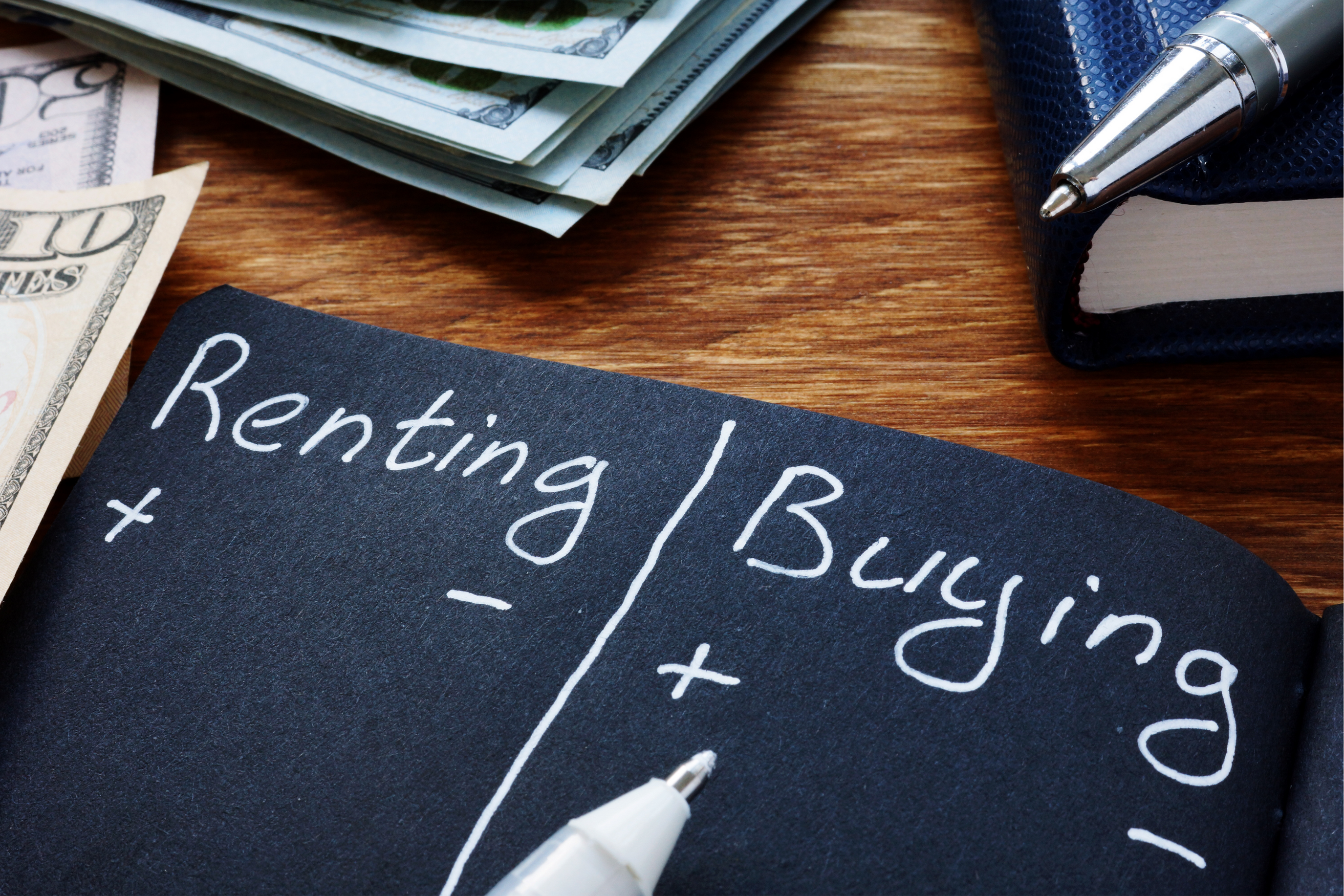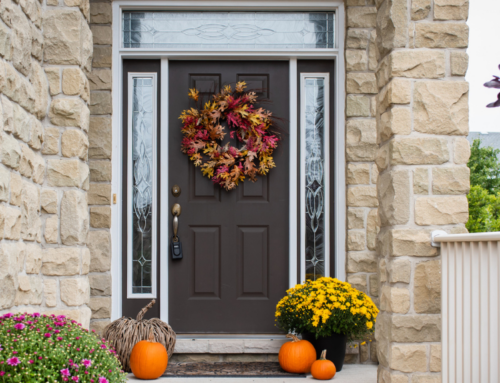
There has always been an ongoing debate between the costs of owning a home versus renting. And with the current housing shortage and increase in real estate prices buyers may be wondering if they might be better off renting until “things cool off”. First, you must remember that regardless of what the real estate market is doing, you must determine if you’re financially ready. This doesn’t necessarily mean saving up a massive down payment as even a conventional loan may only require 3%. But being in a good place financially means you have a healthy debt to income ratio, steady employment and you also plan on living in the area for awhile. You never want to overextend yourself no matter what kind of deal you find on your dream home.
However buyers who are ready to get into the real estate market still may be evaluating renting versus buying. Which will better improve their financial picture in the years ahead? So if you’re still on the fence, here are 2 common misconceptions about the cost of renting versus buying.
Myth 1: Owning a Home Is More Expensive than Renting
Which is more expensive? Renting or buying? Of course this will depend on the property you rent vs. the property you buy. But generally speaking, it’s often assumed that renting is less expensive since there are no property taxes or homeowner’s insurance premiums. While renters don’t directly pay those costs, landlords factor them into the price of rent, which means you’re contributing to your landlords taxes and insurance. Plus you may be paying your own renters insurance on top of the rent payment.
Another consideration is that just like there is a housing climate, there is a rental market. So when the median cost of homes increase or when rentals become more in demand, often rent will increase as well.
Myth 2: Owning a Home Means Less Savings
You might think that renting is what you do when you’re trying to save money. Because let’s face it, after a down payment, monthly premiums, taxes, and unforeseen repairs, your days of contributing to savings are over, Right?
As mentioned in the beginning, renting might be the better option if you’re trying to improve your financial situation from an income or credit score standpoint. But don’t keep renting because you think of it as an opportunity to save more money “until your ready”.
Every mortgage payment that pays down principal and interest is ultimately a savings account and sometimes referred to as a forced savings account. You have to pay it, just like you would pay rent. But unlike a payment to your landlord, that money isn’t leaving your pocket for good. Instead your payments are an investment because you are building equity in your home.
Learn more about home equity: Tips on Building Home Equity
Learn more homebuyer tips: Michigan First Time Homebuyer Guide: Programs and Acronyms You Need to Know
Julie Krumholz Can Help Michigan Renters Pursue Homeownership
With 35 years of industry experience, Julie Krumholz has worked in nearly all aspects of mortgage banking.
Throughout the years she has worked in processing, closing and loan origination, underwriting, QC auditing and has even co-owned a mortgage brokerage firm.
If you are looking for an experienced Michigan based lender, call Julie from SuperiorNational Bank today at: 586-382-5482 and let her help you navigate through the loan process and answer any questions you may have.

